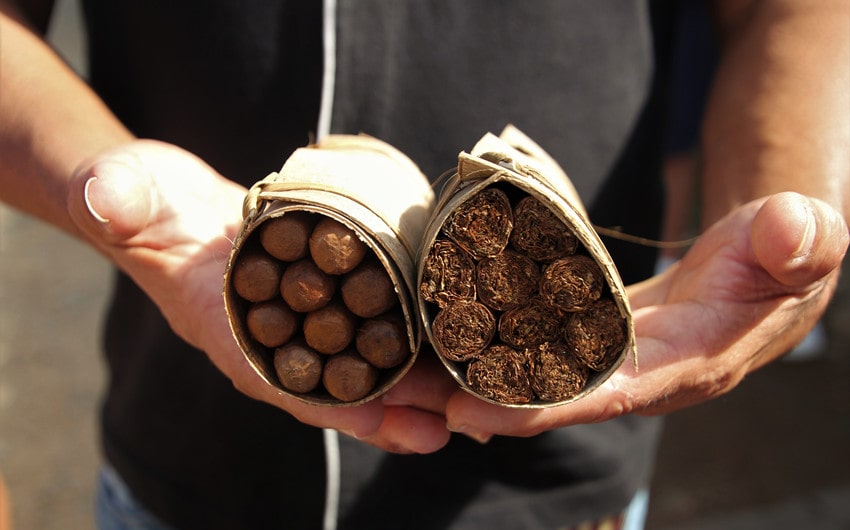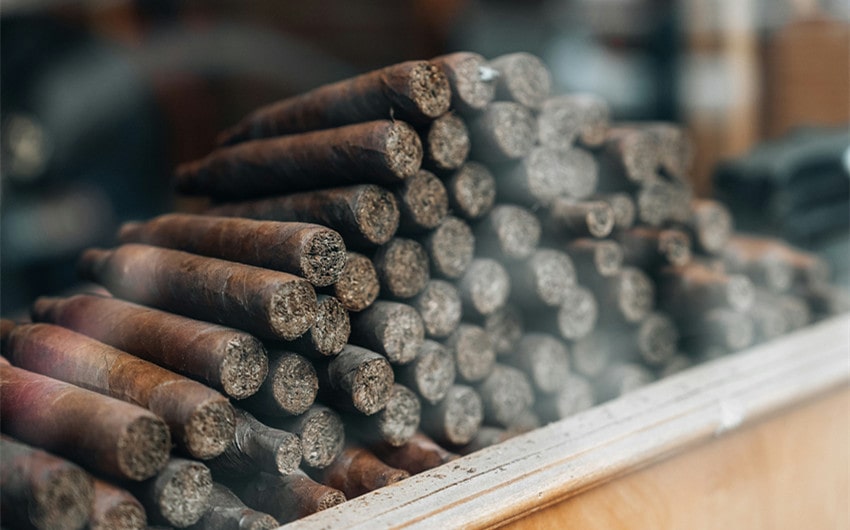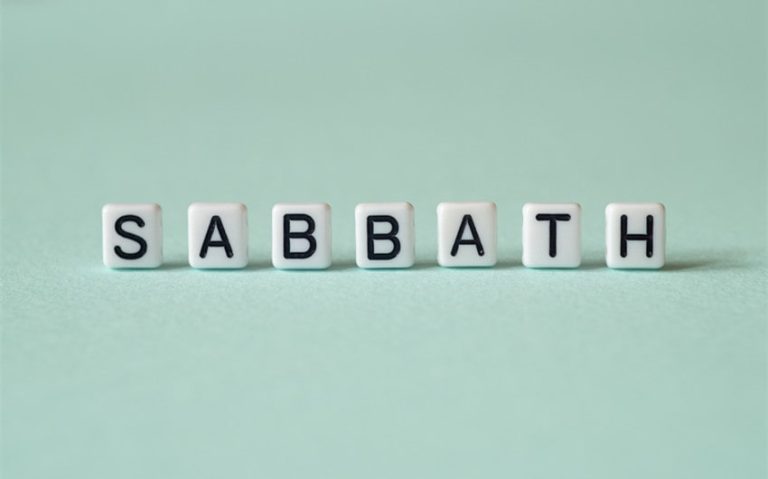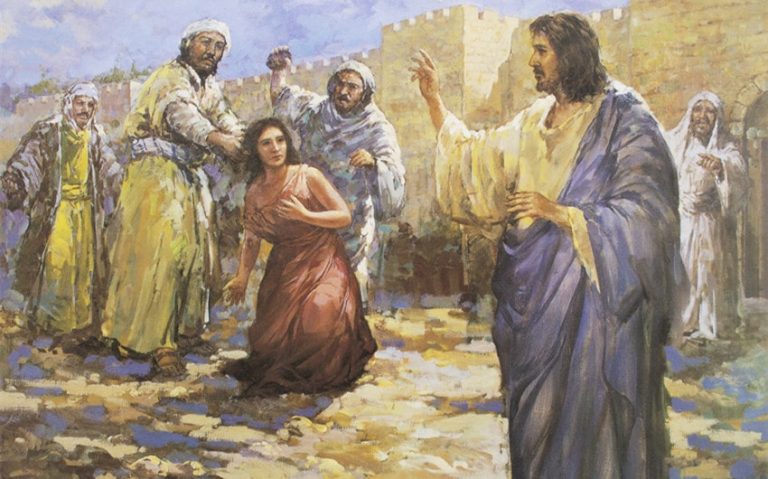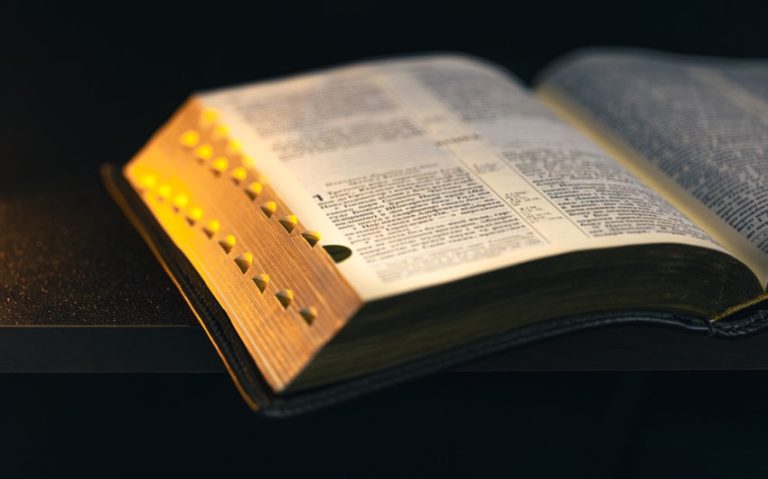Why Are Cuban Cigars Illegal and What You Need to Know
Cuban cigars are often considered the best in the world, known for their quality and rich flavor. However, many people wonder, why are Cuban cigars illegal, especially in the United States? The answer dates back to the 1960s when the U.S. imposed a trade embargo on Cuba, banning all imports, including cigars, as a response to political tensions. Despite changes in regulations over the years, the embargo remains, making Cuban cigars off-limits for U.S. consumers.
This article will dive into the history behind this ban and what it means for cigar enthusiasts today.
The U.S. Embargo Against Cuba
The U.S. embargo against Cuba, officially known as the Cuban Trade Embargo, was initiated in 1960 during the height of the Cold War, following the rise of Fidel Castro’s communist government. The embargo was a response to Cuba’s nationalization of American-owned properties on the island without compensation, along with growing tensions between the U.S. and the Soviet-aligned Cuban government.
Initially starting with partial trade restrictions, the embargo was expanded in 1962 under President John F. Kennedy to include almost all imports and exports between the two nations, effectively cutting off economic ties.
The embargo’s main goal was to isolate Cuba economically and politically, hoping to pressure Castro’s government into embracing democratic reforms and human rights improvements. Over the decades, the embargo has evolved into one of the most comprehensive and longest-standing trade restrictions in history. It not only banned direct trade but also prohibited U.S. companies and individuals from conducting business with Cuba.
As a result, Cuban goods, including rum, sugar, and cigars, were barred from entering the U.S. market. Despite occasional attempts to ease or lift the embargo, it remains largely in place, heavily influencing U.S.-Cuba relations to this day.
Cuban Cigars and the Embargo
Cuban cigars became an iconic casualty of the U.S. embargo against Cuba, transforming from a widely available luxury to a coveted forbidden item. When the full embargo was enforced in 1962, Cuban cigars were explicitly included in the list of banned goods, directly impacting cigar lovers in the United States. Interestingly, just before signing the embargo order, President Kennedy famously secured a personal stash of 1,200 Cuban cigars, highlighting the allure and value of these premium products.
The ban was not just a simple trade restriction but also a powerful symbol of the broader conflict between the U.S. and Cuba. Cuban cigars represented the luxury and craftsmanship of a nation that the U.S. government sought to punish economically.
Over the years, the embargo turned Cuban cigars into a highly sought-after black market item, smuggled into the U.S. through travelers and other illegal channels. For many Americans, owning a Cuban cigar became not just about enjoying a fine smoke but also about defying a long-standing political barrier.
While U.S. policy towards Cuba has fluctuated with different administrations, the restrictions on Cuban cigars have remained a significant aspect of the embargo. Even during brief periods when travel and some trade were slightly relaxed, the importation of Cuban cigars was still heavily regulated. Today, Cuban cigars remain emblematic of the enduring political divide between the two nations, continuing to be a symbol of both luxury and controversy.
Are Cuban Cigars Still Illegal?
The legal status of Cuban cigars has been a rollercoaster of changes over the past several decades, largely tied to the shifting political landscape between the U.S. and Cuba. As of today, Cuban cigars are still illegal in the United States, but the specifics of the law have seen some modifications, particularly during recent administrations.
The embargo, which has been in place since the early 1960s, continues to prohibit the import, sale, and distribution of Cuban cigars within the U.S. However, there have been moments of temporary easing, creating confusion about their legality.
Under President Barack Obama, U.S.-Cuba relations saw a significant thaw, and in 2014, the administration announced a relaxation of certain restrictions, allowing Americans traveling to Cuba to bring back limited amounts of Cuban cigars and rum for personal use. This change was celebrated by cigar aficionados, as it marked the first time in over 50 years that Cuban cigars could be legally brought into the U.S., albeit in small quantities.
However, these changes were largely rolled back under subsequent administrations, particularly during President Donald Trump’s tenure, which reinstated stricter restrictions on travel and imports from Cuba, including cigars.
Currently, Cuban cigars remain illegal to purchase, sell, or trade within the U.S. This ban extends to online purchases as well, making it illegal to buy Cuban cigars through international websites or have them shipped into the country. While possession of Cuban cigars is not necessarily penalized, any form of commercial transaction involving these cigars is a clear violation of the embargo laws, emphasizing the ongoing impact of the embargo on everyday consumers and businesses.
Consequences of Buying and Selling Cuban Cigars
The penalties for buying and selling Cuban cigars in the U.S. can be severe, reflecting the broader enforcement of the embargo against Cuba. Individuals caught purchasing Cuban cigars through illegal channels, such as smuggling them into the country or buying from unauthorized sources, can face hefty fines.
The U.S. Treasury Department, through its Office of Foreign Assets Control (OFAC), strictly enforces the embargo, and violations can lead to civil penalties that can reach thousands of dollars. This enforcement applies not only to individuals but also to businesses that attempt to sell Cuban cigars, whether in stores or online.
For retailers, the consequences can be even more severe, including larger fines, loss of business licenses, and potential criminal charges. Engaging in the sale of Cuban cigars is considered a violation of federal law, and authorities do not hesitate to take legal action against violators. This has led to a thriving black market where Cuban cigars are sold at inflated prices, often without the consumer’s knowledge of the legal risks involved.
Travelers should also be aware that bringing Cuban cigars into the U.S. from abroad, even for personal use, can result in confiscation at customs and possible fines. The rules have fluctuated with different administrations, making it crucial for travelers to stay updated on current regulations before attempting to bring cigars back home. In some cases, even innocent purchases abroad can lead to unintended legal trouble.
Ultimately, while the allure of Cuban cigars remains strong, the legal and financial risks associated with buying or selling them in the U.S. are significant. The ongoing enforcement of the embargo means that Cuban cigars continue to be a luxury out of reach for many, serving as a stark reminder of the complex and unresolved political relationship between the U.S. and Cuba.

